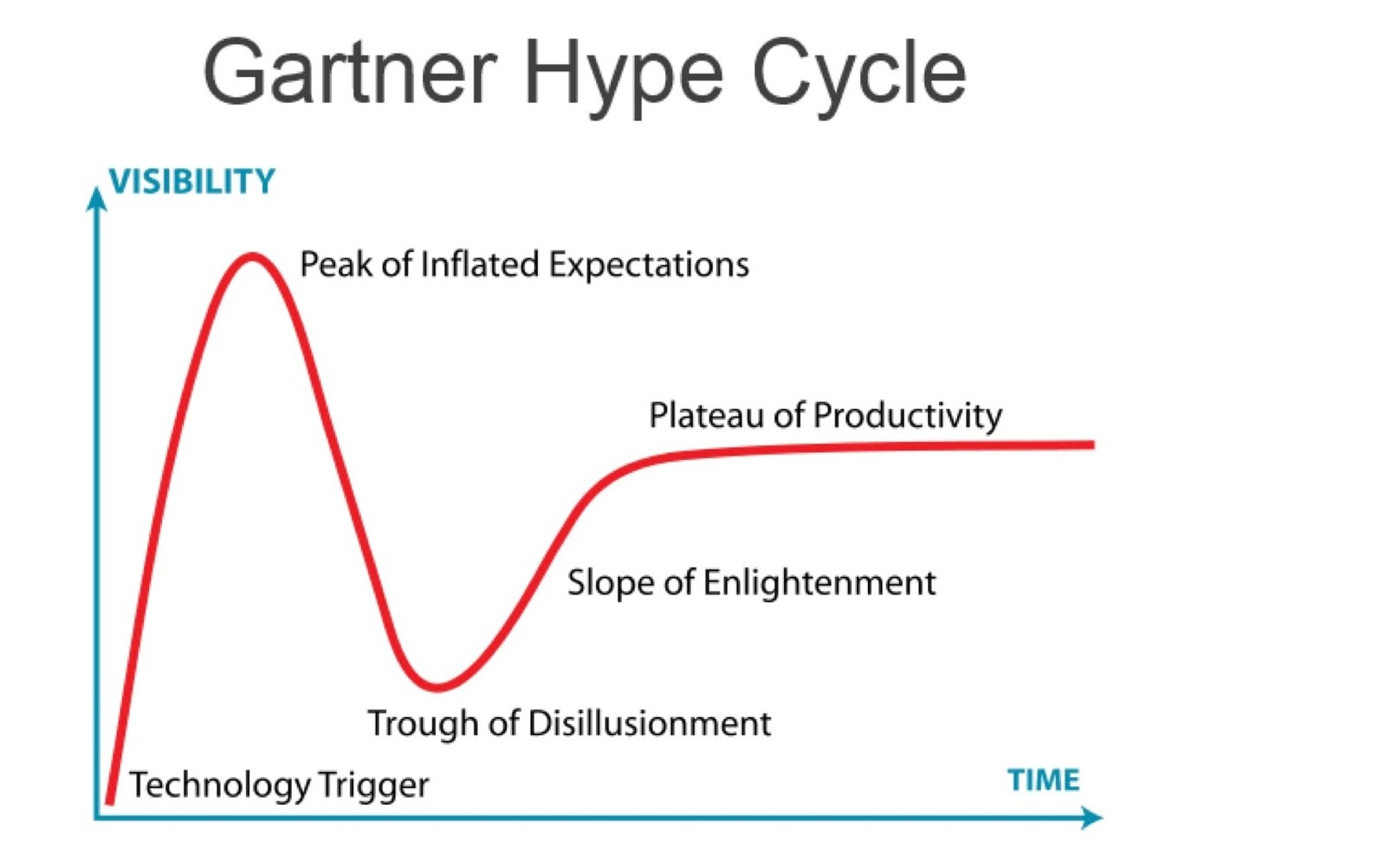this post was submitted on 21 Aug 2024
251 points (95.0% liked)
Technology
62117 readers
4960 users here now
This is a most excellent place for technology news and articles.
Our Rules
- Follow the lemmy.world rules.
- Only tech related content.
- Be excellent to each other!
- Mod approved content bots can post up to 10 articles per day.
- Threads asking for personal tech support may be deleted.
- Politics threads may be removed.
- No memes allowed as posts, OK to post as comments.
- Only approved bots from the list below, to ask if your bot can be added please contact us.
- Check for duplicates before posting, duplicates may be removed
- Accounts 7 days and younger will have their posts automatically removed.
Approved Bots
founded 2 years ago
MODERATORS
you are viewing a single comment's thread
view the rest of the comments
view the rest of the comments

Yes, but, quantum TPM or TPU chips would allow for far more complex encryption. So you'd likely have a portiion of the SOC with a quantum bus or some other function.
However you're correct that it'd take a seachange in computing for a qbit based OS
Strong, post quantum encryption doesn't require quantum computers. It uses different mathematical objects (e.g. matrices)
True. However there is still a usecase. You could sign a cert for uefi much like a payment would. Useful for distributed compute.
https://www.nature.com/articles/s41467-023-39519-w